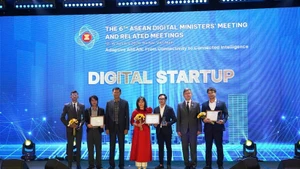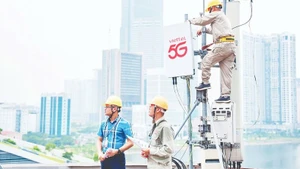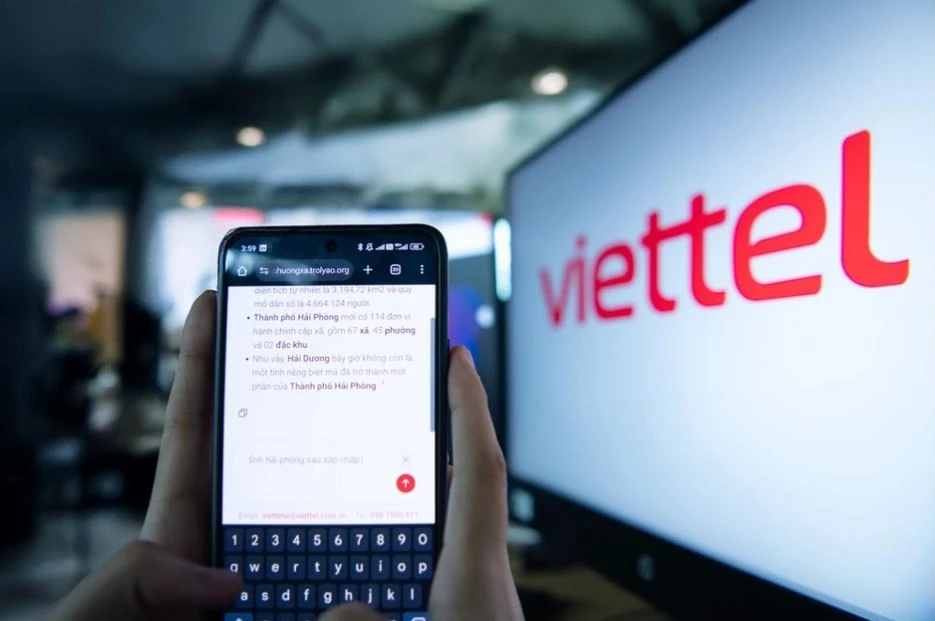Speaking at the opening of the Viet Nam Open Summit 2025 on November 3, Hung highlighted this approach as a means to transform users into creators and to develop AI in a safe and self-reliant manner.
He said open technology enables countries to master what they use, noting that many countries have stated they would only purchase technologies that are open, especially when used to build critical national infrastructure.
The minister also underlined the importance of community participation in open-source software development and open data so that Viet Nam can both build upon and contribute to humanity’s knowledge.
According to Ho Duc Thang, Director of the National Institute of Digital Technology and Digital Transformation, Viet Nam is standing at a crossroads, either relying on closed, proprietary technology with data and decisions in others’ hands, or choosing a self-reliant, creative, and sovereign path.
He stressed that choosing open AI means establishing national digital sovereignty.
To realise such a vision, Thang suggested that Viet Nam should simultaneously develop three pillars: national computing infrastructure, an open data platform, and an open AI community.
Dr Ngo Hong Son, Chairman of the Viet Nam Free Open-Source Software Association, stated that Viet Nam should prioritise infrastructure development as a solid foundation for others to build upon.
He also recommended training high-quality human resources who are not only tech-savvy but also proficient in foreign languages and possess professional ethics, so that Vietnamese AI can advance further on the right track.
















